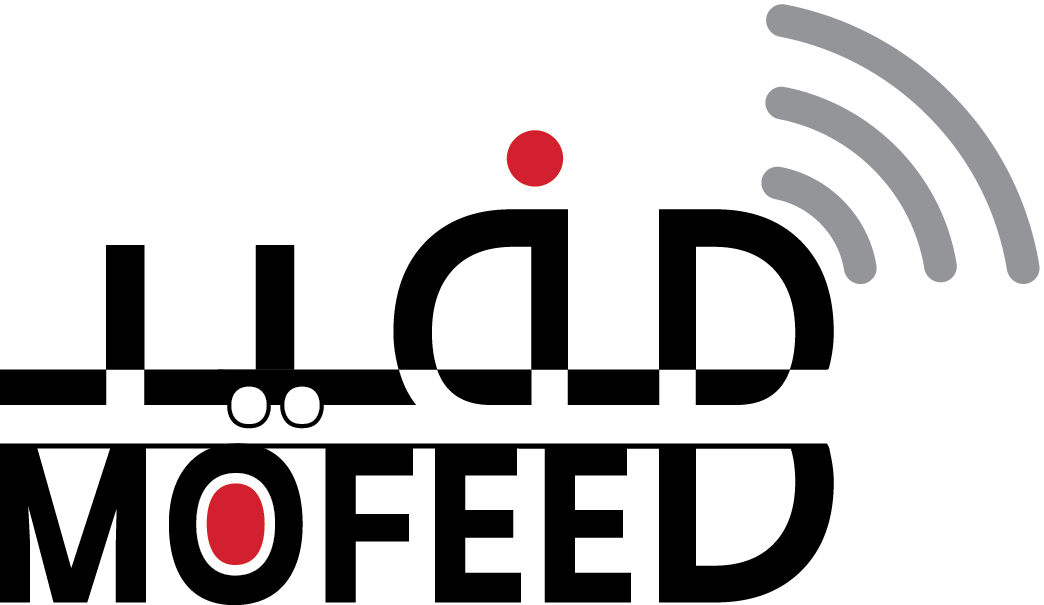Movement under State and Non-State Authorities during COVID-19: Evidence from Lebanon
SSM Population Health This article proposes that non-state armed groups may make different decisions than state governments in response to public health challenges such as the COVID-19 pandemic. It draws upon the case of Hezbollah in Lebanon to investigate whether movement levels differed between areas with Hezbollah’s private governance in comparison to other areas of…
Read More